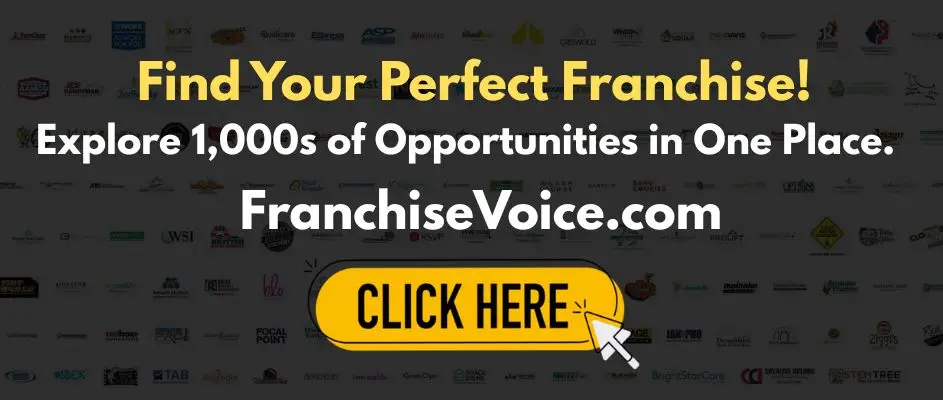Best CRM for Small Businesses in 2025
In 2025, small businesses are increasingly turning to Customer Relationship Management (CRM) software to streamline operations, enhance customer engagement, and drive growth. With a plethora of options available, selecting the right CRM can be daunting. This comprehensive guide delves into the top CRM solutions tailored for small businesses, highlighting their use cases, pricing structures, and potential pitfalls to help you make an informed decision.
🔍 Top CRM Solutions for Small Businesses in 2025
1. HubSpot CRM
-
Use Cases: Ideal for startups and small teams seeking a user-friendly interface with robust marketing automation tools.
-
Pricing: Offers a free tier; paid plans start at $20/user/month.
-
Pitfalls: Advanced features may require higher-tier plans; limited customization options in lower tiers.
2. Zoho CRM
-
Use Cases: Suitable for businesses aiming for scalability with advanced analytics and AI-driven insights.
-
Pricing: Free plan for up to 3 users; paid plans range from $14 to $52/user/month.
-
Pitfalls: Steep learning curve; advanced features are locked behind higher-tier plans.
3. Vtiger CRM
-
Use Cases: Best for businesses needing an all-in-one solution encompassing sales, marketing, and support.
-
Pricing: Plans start at $15/user/month.
-
Pitfalls: Customization can be complex; may require dedicated training.
4. Bitrix24
-
Use Cases: Suitable for businesses requiring a comprehensive suite, including project management and collaboration tools.
-
Pricing: Free plan supports unlimited users; paid plans start at $49 for five users annually.
-
Pitfalls: Interface can be overwhelming; customer support varies.
5. Freshsales
-
Use Cases: Ideal for businesses seeking an intuitive CRM with integrated email and phone capabilities.
-
Pricing: Offers a free plan; paid plans start at $15/user/month.
-
Pitfalls: Limited customization options; advanced features require higher-tier plans.
💡 Key Use Cases for CRM in Small Businesses
-
Lead Management: Capture, track, and nurture leads through automated workflows and personalized communication.
-
Sales Automation: Streamline sales processes with task automation, pipeline management, and performance analytics.
-
Customer Support: Enhance customer satisfaction with integrated support tickets, live chat, and knowledge bases.
-
Marketing Campaigns: Execute targeted email campaigns, social media integration, and performance tracking.
-
Collaboration Tools: Facilitate team collaboration with shared calendars, document management, and communication channels.
💰 Understanding CRM Costs
CRM pricing varies based on features, user count, and deployment models. Here's a breakdown:
-
Free Plans: Basic features suitable for startups and small teams.
-
Entry-Level Plans: $10–$30/user/month; includes essential CRM functionalities.
-
Mid-Tier Plans: $60–$100/user/month; offers advanced features like automation and analytics.
-
Enterprise Plans: $150+/user/month; tailored for large businesses with complex needs.
It's crucial to assess the total cost of ownership, including potential add-ons and integration fees.
⚠️ Common Pitfalls to Avoid
-
Overcomplicating the Setup: Implementing a CRM with excessive features can overwhelm users and hinder adoption.
-
Neglecting Training: Insufficient training can lead to underutilization of CRM capabilities.
-
Ignoring Scalability: Choosing a CRM that doesn't scale with your business growth can lead to future migration challenges.
-
Overlooking Integration Needs: Ensure the CRM integrates seamlessly with your existing tools and platforms.
✅ Final Thoughts
Selecting the right CRM is pivotal for the success of your small business. Consider your specific needs, budget, and growth trajectory when evaluating CRM options. Platforms like HubSpot, Zoho, and Vtiger offer a range of features suitable for various business requirements. It's essential to balance functionality with ease of use and cost-effectiveness.
Remember, the best CRM is one that aligns with your business objectives and enhances your team's productivity and customer relationships.

